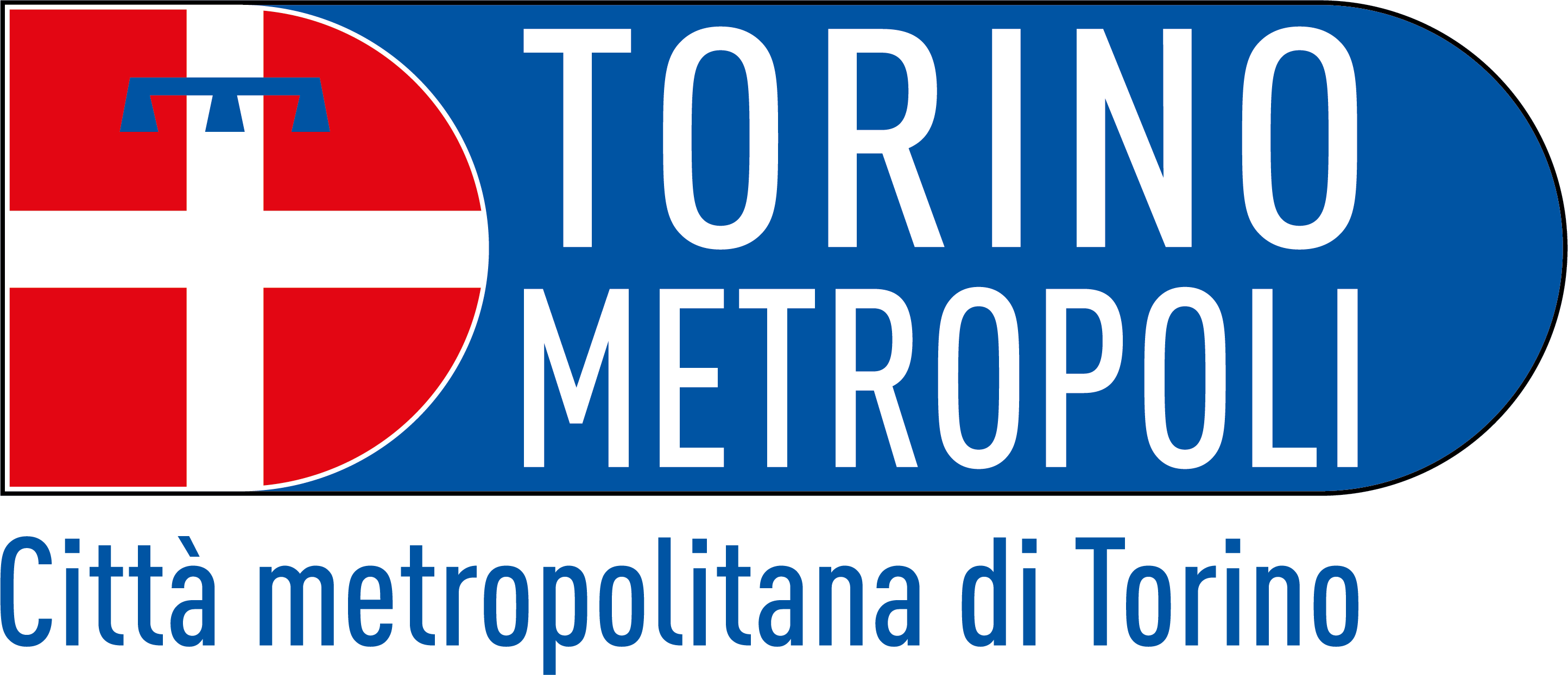The Council and the EU Parliament have reached an agreement on one of the cornerstones of the circular economy: the right to repair, with the Right to repair (R2R) Directive.
Reading time: 3 min
The European Commission presented, in March 2023, a legislative proposal that aims to guarantee and regulate the right to repair (Right to repair directive, R2R), with the aim of reducing waste and the use of raw materials, and to support the repair sector, making it more accessible and affordable and creating jobs.
This Directive was discussed between the Council and the European Parliament, who agreed at the beginning of February, with a view to favoring the repair of defective goods rather than their disposal to prolong the lifespan of the products, to protect the environment and support a more circular economy.
The proposal is part of the New Consumer Agenda and the Circular Economy Action Plan, which complement other recent legislation aimed at promoting sustainable consumption, such as the Ecodesign Regulation, which promotes the production of repairable products, and the consumer empowerment for the green transition (Greenwashing Directive), which will allow consumers to make more informed purchasing decisions.
Very often, when any product breaks or is defective, it is easier to buy a new one rather than have it repaired, especially when the legal guarantee has expired.
The new rules, however, are designed to make the life of goods longer, thanks to the right to have easier and more convenient repairs, even after the legal guarantee has expired.
The central measures of the agreement reached during the trilogue are:
- the repair obligation: the directive provides for the obligation for the manufacturer to repair common household products, and the Commission, over time, may introduce repair requirements for new products, through the Ecodesign Regulation, which will then be added to the list of products covered by the R2R Directive;
- the European information form: in parallel with the obligation to repair, manufacturers will be required to inform consumers of this obligation, via a European repair form, which contains clear information such as repair conditions, time to finish the work , prices, substitute products, etc.;
- “reasonable” times and prices: the agreed text requires manufacturers to carry out necessary repairs within a reasonable time and, unless the service is provided free of charge, also at a reasonable price, so as to encourage consumers to choose the repair . However, the agreement also maintains the right of consumers to choose between repair and replacement of defective products within the seller's liability period included in the warranty;
- simple access to repair prices: the agreement obliges manufacturers to provide information on spare parts on their website, to make them available to all parties in the repair industry at a reasonable price;
- one year guarantee on repaired goods: the extension of the legal guarantee for repaired goods is guaranteed by one year (this period can be further extended by the Member States);
- ban on hindering repairs: a ban has been introduced for manufacturers to use contractual clauses, hardware or software techniques to hinder repairs; in particular, they must not hinder the use of second-hand or 3D printed spare parts by independent repairers;
- repair platforms: To facilitate the repair process, a European online platform will be created, with national sections, through which consumers will be able to find local repair shops, sellers of refurbished goods, buyers of defective items or repair initiatives managed by communities, such as repair cafes;
- measures to promote repairs: each Member State will have to introduce at least one measure to promote repairs, such as repair vouchers and funds, information campaigns, repair courses or support for community-run repair spaces, or, a reduction in the rate VAT on repair services.
After the final approval of the directive by the Council and Parliament and its publication in the Official Journal of the EU, member states will have 24 months to transpose it into national law.
The Right to Repair Europe coalition, which represents more than 130 organisations, welcomes the fact that European consumers will have better access to affordable repairs for selected products, but calls for broader rules. It also points the finger at the possibility of replacement in the event of damage.
Alessia Santoro
For further information:
Right to repair, directive towards entry into force (Economia circolare)
Read also:
European Directive approved: Stop Greenwashing and New Rules for Sustainability
